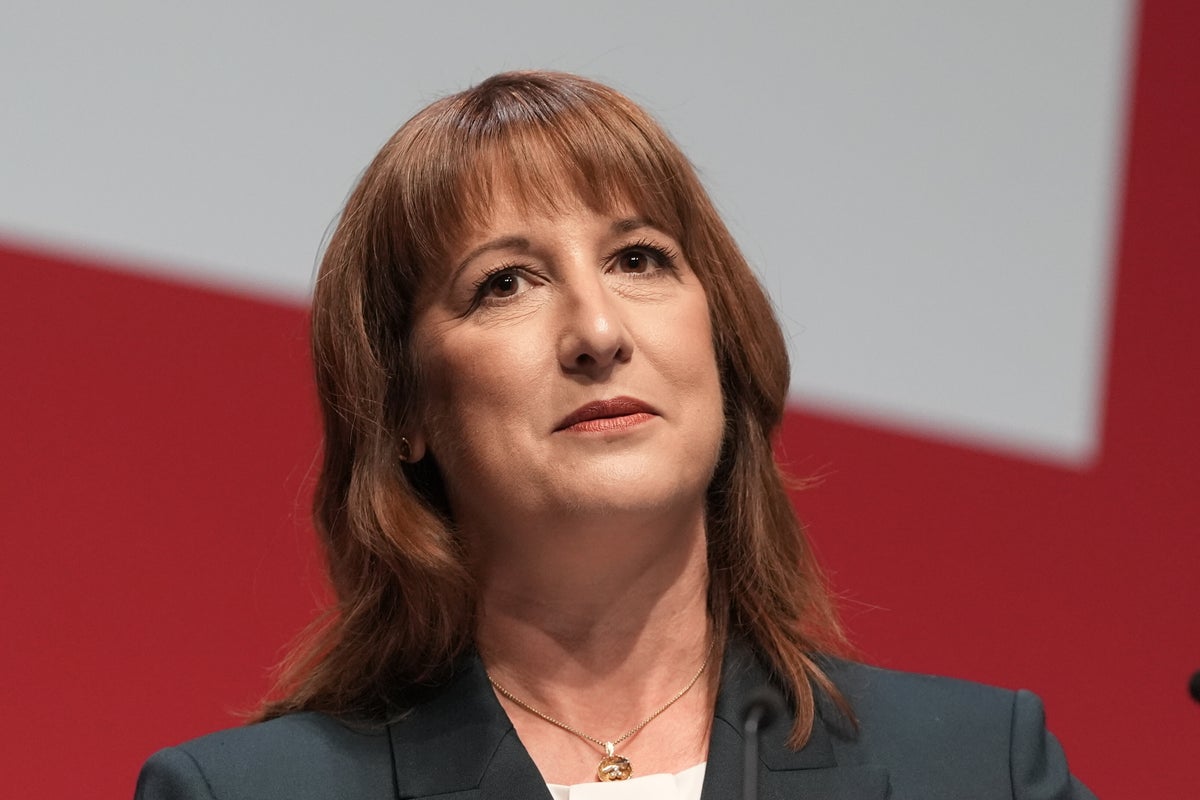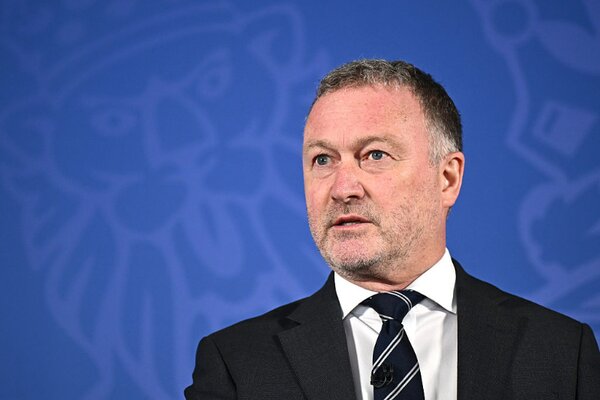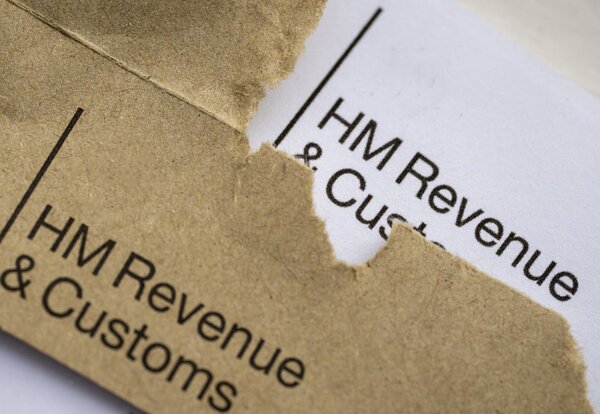Introduction
Chancellor Rachel Reeves is under increasing pressure from senior fiscal experts to implement significant tax increases in the government’s upcoming Budget. Facing a substantial fiscal shortfall, estimated at up to £50 billion, she has been cautioned that minor or incremental tax rises would be insufficient to address the UK’s deteriorating economic outlook. Economists and policy advisers have urged the government to consider large-scale tax reforms, particularly in the face of sluggish growth, higher borrowing costs, and a reported rise in unemployment. These calls come as the government prepares for a Budget expected to set the direction of the UK’s economic recovery.
Economic context and fiscal challenges
The UK’s public finances are currently marked by a pronounced deficit, with the Treasury reportedly facing a gap of as much as £50 billion, based on recent official forecasts. This position has placed Chancellor Reeves under intense scrutiny ahead of the government’s next Budget statement, anticipated next month. The calls for decisive action follow warnings from both the Office for Budget Responsibility and several independent policy institutes. Economic growth forecasts have been revised downwards and borrowing costs remain elevated compared to other advanced economies, further constraining the government’s fiscal flexibility.
Warnings from leading tax and economic experts
Prominent tax specialists and economists have cited the need for significant tax increases combined with reform. Dan Neidle, founder of Tax Policy Associates, told the Commons Treasury Committee that the current situation is “quite desperate” and emphasised that piecemeal or numerous small tax increases would likely prove ineffective. Instead, he advocated for raising one of the major taxes, such as by broadening the VAT base, even if this might conflict with manifesto commitments. Helen Miller, director of the Institute for Fiscal Studies, also addressed MPs by noting that it would be technically possible to raise £20-30 billion from a range of smaller changes, but she questioned whether this approach would be the most prudent, arguing for more substantial reform.
Debate over large versus incremental tax rises
The merits of broad, large-scale tax increases versus a collection of smaller, targeted rises remains a key point of contention. Neidle argued that the “less wise way” of addressing the fiscal gap would be to opt for what he characterised as a “Scrabble bag” of minor tax hikes. Economic evidence suggests that such fragmentation could fail to achieve fiscal sustainability or encourage necessary economic growth. By contrast, some policy analysts indicate that though smaller tax measures could contribute fiscal gains, the scale of the challenge requires a focus on structural changes and headline tax rates.
Potential focus on VAT and broader tax reform
VAT, currently levied on businesses with a turnover above £90,000, has emerged as a focal point for potential reform. Neidle pointed to the so-called “cliff edge,” where rapidly increased liabilities deter business growth, and called for changes that might remove such distortions. Any expansion of the VAT base or lifting of exemptions, however, would be a significant shift and could necessitate difficult political decisions. The Resolution Foundation’s Ruth Curtice said that, given the UK’s relatively high borrowing costs among developed countries, “there is a strong case for raising taxes at this Budget.” The need to make the tax system more pro-growth was echoed by several witnesses, who also called for reforms aimed at minimising their economic drag.
Political constraints and Labour’s manifesto promises
Labour’s pre-election manifesto included pledges not to increase income tax, national insurance, or VAT rates. However, recent statements by government officials suggest these assurances may be subject to review, depending on economic circumstances. Darren Jones, Chief Secretary to the Treasury, stated that “the manifesto stands today because decisions haven’t been taken yet,” leaving open the possibility of policy adjustments as the Budget approaches. Chancellor Reeves is expected to outline the government’s response and clarify tax measures in the Budget statement next month. Political observers will be watching closely to see whether manifesto pledges are upheld or revised in light of fiscal realities.
Final Summary
Chancellor Rachel Reeves faces mounting pressure to implement wide-ranging tax increases and consider major reforms as she prepares the UK government’s forthcoming Budget. With a sizable fiscal deficit, weakening growth indicators, and climbing unemployment, independent experts have warned that only substantial tax changes will address the structural issues facing the economy. Manifesto commitments not to raise certain taxes remain in question, with senior ministers signalling potential flexibility. The upcoming Budget is likely to set the course for the UK’s financial stability and economic growth in the months ahead. For ongoing coverage of fiscal policy and tax developments, the Pie app offers timely updates and analysis.











